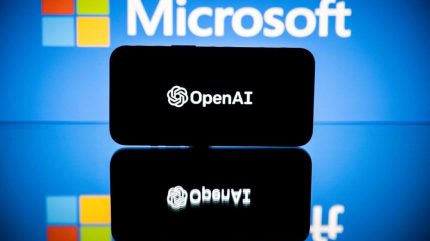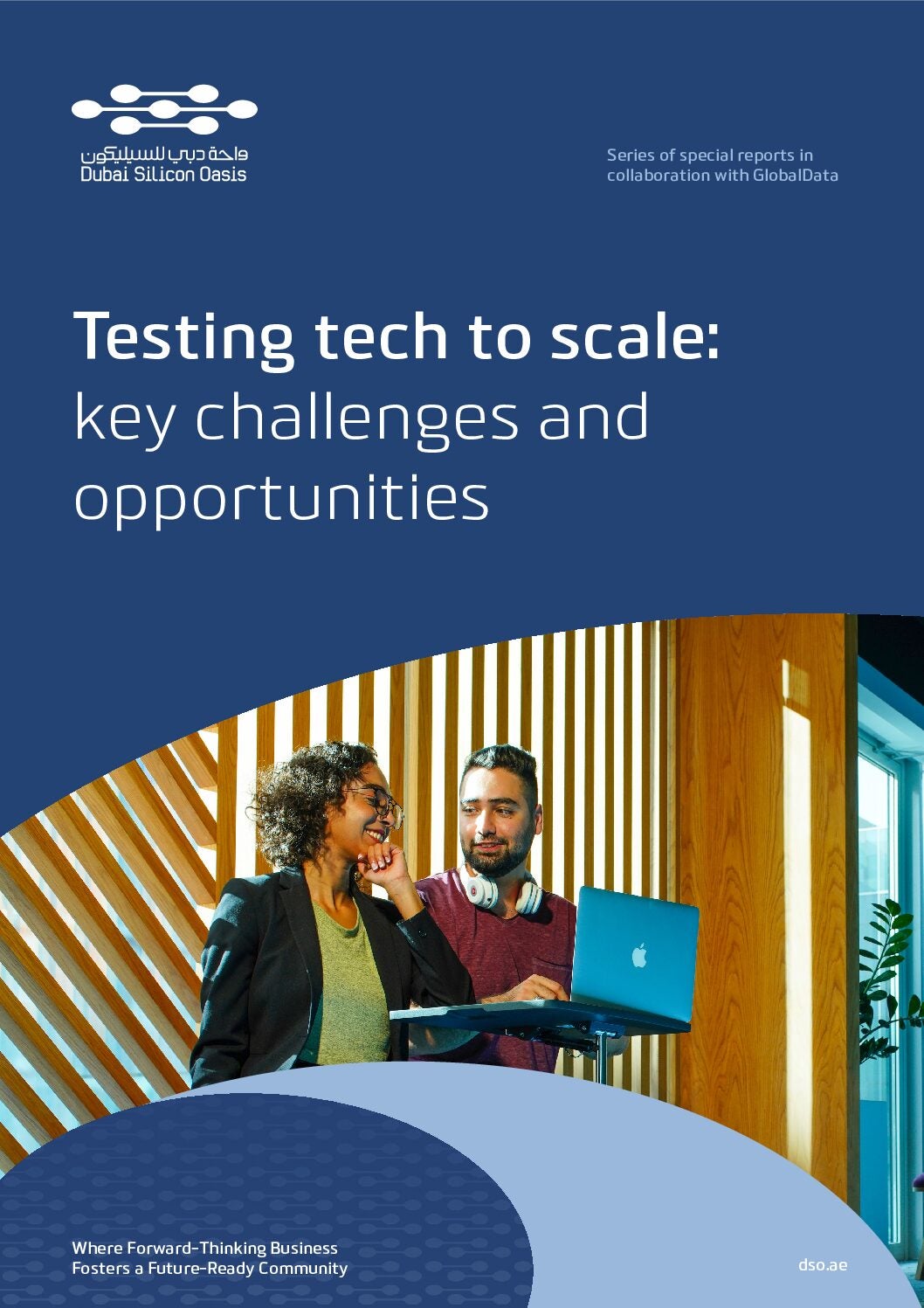
AI developers in the biotechnology field need to watch out for potential “bad actors”, who could use the technology for malicious purposes, says Thomas Balkizas, the senior director of life sciences at Microsoft.
At the London Biotechnology Show, taking place from 8 to 9 May, Balkizas led a talk covering the advent of generative AI (GenAI) in the biotech sector. He reported Microsoft data that projected $150bn in savings for healthcare providers by 2026 if they chose to use AI to prevent errors in medication dosing. He said the technology could be used for different purposes such as increasing diversity in clinical trial recruitment, improving treatment options for neonatal care and more.

US Tariffs are shifting - will you react or anticipate?
Don’t let policy changes catch you off guard. Stay proactive with real-time data and expert analysis.
By GlobalDataAt the same time, however, Balkizas highlighted the importance of considering ethical questions in ongoing discussions of AI applications.
GenAI is AI that can produce text, images, videos, or other types of data using generative models. The technology can learn and adapt to patterns in the data to generate new data. Since the launch of large language models such as OpenAI’s ChatGPT in November 2022 and Google DeepMind’s Gemini in March 2023, GenAI has become a mainstream topic of discussion.
Balkizas warned that in a biotechnology context, if in the wrong hands, GenAI technology could be used to develop things such as biological weapons. Before a wider framework for AI regulations and ethics is developed, Balkizas stated that individual companies would need to prioritise setting principles to maintain ethical practices.
Microsoft‘s AI principles include a commitment to designing AI systems that perform safely, even in the worst-case scenario, and developing systems that protect data from misuse and enable privacy rights. Furthermore, the company has prioritised the design of AI systems that do not “reinforce undesirable stereotypes and biases,” says Balkizas. However, he adds that the next step lies in developing more public policies for the correct use of GenAI in biotech.
In February, Microsoft announced a partnership with 1910 Genetics to use a multimodal AI platform for drug discovery. The tech giant also announced the expansion of its collaboration with NVIDIA in March, combining Microsoft’s Azure platform with NVIDIA DGX Cloud and NVIDIA Clara to build new AI medical imaging models and faster routes to drug discovery.






